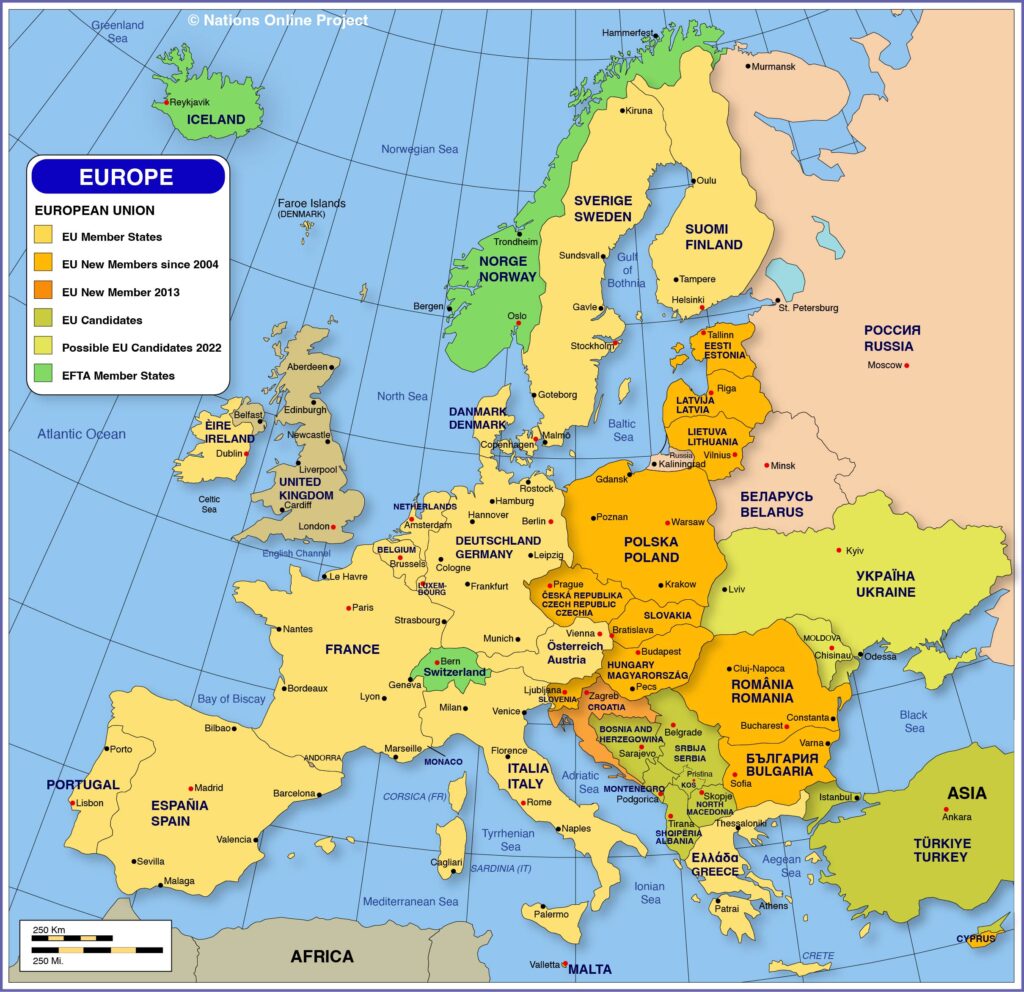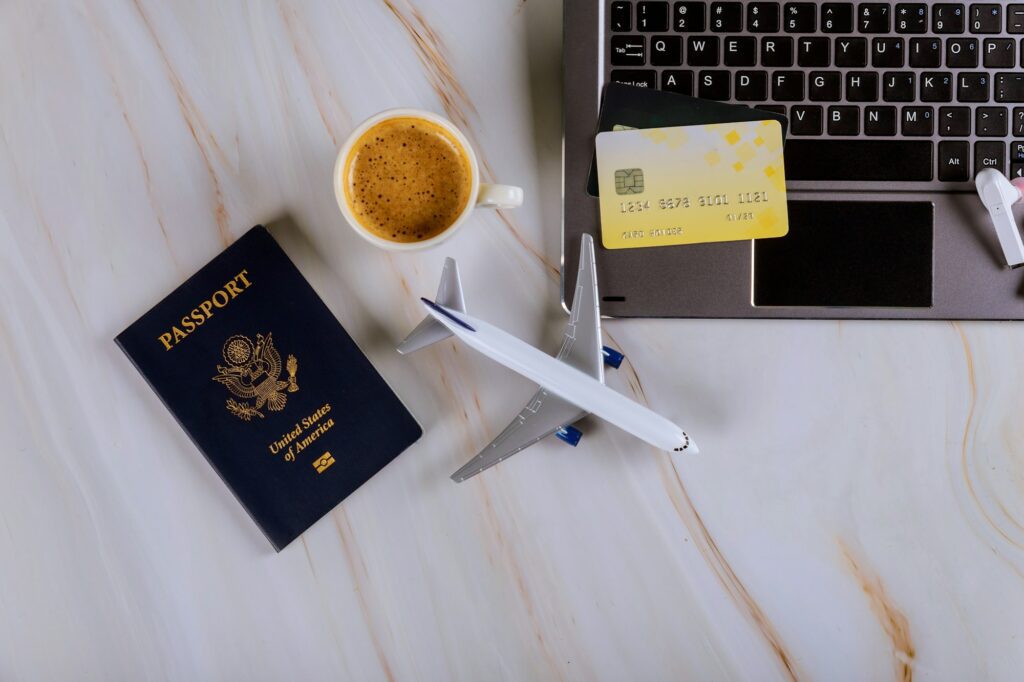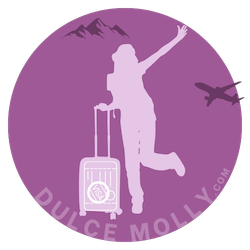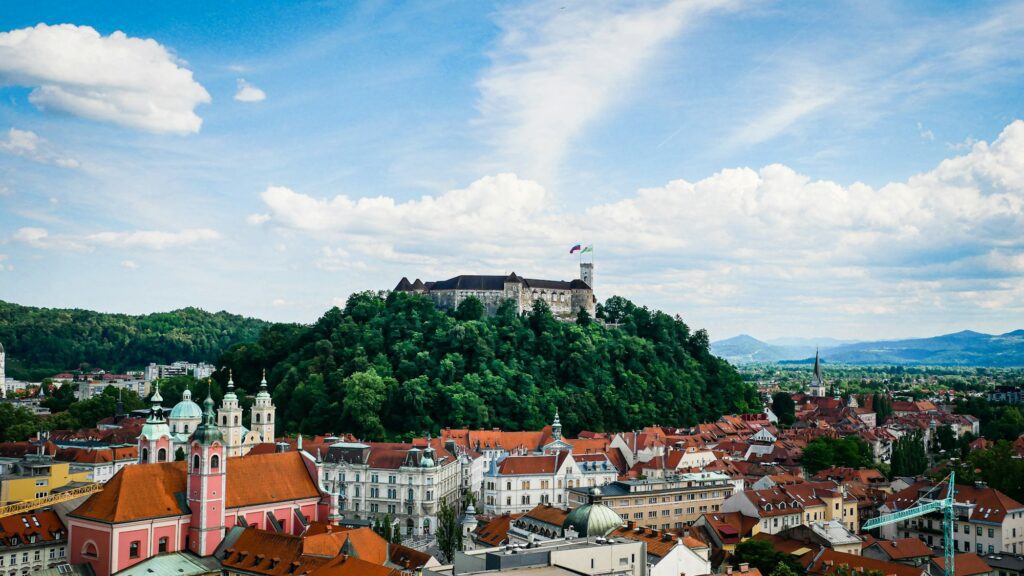“Travel Differently” can be an exhilarating experience, offering new sights, cultures, and memories. Whether you’re a seasoned globetrotter or a first-time traveler, embarking on a journey requires planning, especially when your destination includes the diverse and rich landscapes of Europe. This guide is designed to enhance your travel experience, offering essential tips to travel differently and safely while exploring Europe. With a focus on savvy travel strategies and safety, we aim to prepare you for an unforgettable adventure.
Understanding European “Travel Differently”: A Blend of Preparation and Adventure
Deep Dive into Destinations
Smart Money Management
Timing is Everything
Navigating Peak Seasons
Accommodation Wisdom
The Public Transport Advantage
Early Bird Benefits
Elevating Your European Travel Experience: Safety First
Stay Informed and Connected
Personal Safety Practices
Health Matters
Cultural Sensitivity and Respect
Emergency Preparedness
Exploring Beyond the Beaten Path
Embrace Slow Travel
Engage with Locals
Sustainable Travel Choices
Document Your Experiences
Stay Flexible and Open to Change
Prioritize Your Well-being
Useful links to travel differently

Understanding European – Travel Differently
1. Deep Dive into Destinations
Before setting foot on European soil, immerse yourself in research about your destinations. Europe’s tapestry of cultures means each country, and even each city, has its own set of customs, languages, and etiquette. Familiarizing yourself with local norms, language basics, and must-see attractions enriches your travel experience and smooths your journey. Websites, travel forums, and guidebooks are treasure troves of information, helping you grasp the essence of each place you plan to visit.
You could see Europe divided into 4 geographic zones:
- North Europe: Uk, Scandinavia Peninsula, Estonia – Russia…
- Western Europe: France, Belgium, Swissiland
- Eastern Europe: Bulgaria, Romania, Polonia, Crotia
- Southern Europe: Spain, Italy, Greece…
2. Smart Money Management
Traveling through Europe makes it essential to handle finances wisely. While it’s a continent where card payments are widely accepted, having a modest amount of local currency is prudent for small purchases. It’s also vital to inform your bank of your travel plans to avoid any security blocks on your cards. Consider using travel-friendly bank accounts or cards that offer low transaction fees and favorable exchange rates.

3. Timing is Everything
Discovering the perfect time to travel can dramatically transform your European adventure. Opting for shoulder seasons—spring and fall—can offer the ideal balance of mild weather, fewer crowds, and more affordable accommodation and flight options. Early morning flights often mean less hassle and more time to explore upon arrival.
4. Navigating Peak Seasons
Traveling during Europe’s peak season, typically summer, requires strategic planning. Booking well in advance secures better rates and ensures availability. Exploring less touristy destinations can also reveal hidden gems while escaping the hustle and bustle.
5. Accommodation Wisdom
European hotels can have hidden fees, especially when moving between locations or extending stays. Investigate these potential costs and consider alternative lodging options like vacation rentals, hostels, or boutique hotels for a more authentic and cost-effective stay.
6. The Public Transport Advantage
Europe’s extensive public transportation network is not just a budget-friendly travel option; it’s a window to everyday life in European cities. From high-speed trains to local buses, public transport can be a more enriching and environmentally friendly way to move around. Plus, planning your routes and purchases in advance can lead to significant savings.
7. Early Bird Benefits
Securing your travel bookings early can lead to substantial savings, especially for flights and trains. Early planning allows you to compare prices, choose optimal travel times, and select the best seating arrangements for comfort and convenience.

Elevating Your European Travel Experience: Safety First
Travel Insurance: A Must-Have
Never underestimate the value of comprehensive travel insurance. Beyond covering lost luggage or flight cancellations, it’s your financial safeguard against unexpected medical emergencies abroad. Ensure your policy covers your destination and the activities you plan to engage in.
Stay Informed and Connected
Keeping abreast of the local news and any travel advisories for your European destinations is crucial for a safe trip. Register with your embassy upon arrival for updates on safety concerns and assistance in emergencies. Also, ensure you have a reliable way to stay connected, whether through a local SIM card or an international phone plan.
Personal Safety Practices
Europe is generally safe, but like anywhere, it’s not immune to crime. Stay vigilant in crowded places, use reputable transportation services, and be cautious with your belongings. Avoid ostentatious displays of wealth and keep important documents and extra cash in a secure, hidden location.
Health Matters
Check any health advisories and vaccination requirements for your European destinations well in advance. Carrying a basic first-aid kit and any personal medications (with prescriptions) ensures you’re prepared for minor health issues.
Cultural Sensitivity and Respect
Being mindful of local customs and traditions can significantly enhance your travel experience and interactions with locals. Learn basic greetings in the local language, dress appropriately, especially in religious sites, and be respectful of community norms.
Emergency Preparedness
Familiarize yourself with the emergency services number (112) across the European Union. Knowing the address of your country’s embassy or consulate in each destination offers an extra layer of security for unfore
enance during your trip. It’s wise to carry a small card with emergency contact information, including these numbers, your accommodation details, and any personal medical information that could be crucial in an emergency.
8. Exploring Beyond the Beaten Path
One of the joys of traveling differently is discovering the less-traveled roads. Europe is rich with hidden villages, secluded beaches, and untouched natural landscapes that offer a more intimate glimpse into its diversity. Venture beyond the tourist hotspots to uncover the authentic soul of Europe. This approach not only ensures a unique travel experience but also contributes to sustainable tourism by dispersing the benefits of your visit more widely.
9. Embrace Slow Travel
Slow travel is gaining momentum as a preferred way to explore Europe. It’s about immersing yourself in the local environment, spending more time in fewer places to develop a deeper connection and understanding. This method allows for unexpected discoveries and fosters a more sustainable and enriching travel experience.
10. Engage with Locals
Engaging with local people can transform your travel experience from good to unforgettable. Locals provide insights no guidebook can offer, from recommending the best places to eat to sharing stories and traditions. Participating in local workshops, guided tours by locals, or even a cooking class can enrich your travel experience significantly.
11. Sustainable Travel Choices
As travelers, we have a responsibility to protect the places we visit. Opting for eco-friendly accommodations, supporting local businesses, and respecting wildlife and natural sites are just a few ways you can travel more sustainably in Europe. Remember, small actions by individuals can lead to significant positive impacts on the environment and local communities.
12. Document Your Experiences
Capturing moments through photography or journaling not only preserves your memories but also allows you to share your adventures and insights with others. However, remember to experience places through your senses, not just through a lens, and always ask for permission before photographing people.
13. Stay Flexible and Open to Change
Even the best-laid plans can face hiccups. Strikes, weather changes, or simply a local festival you hadn’t planned for can alter your itinerary. Embracing these changes with an open mind can lead to some of the most memorable adventures.
14. Prioritize Your Well-being
Lastly, listen to your body and mind. Travel can be exhilarating but also exhausting. Allowing time for rest and reflection is crucial. Whether it’s a leisurely afternoon in a café watching the world go by or a day spent in a tranquil park, these moments of pause can deeply enrich your travel experience.
Conclusion
“Travel differently” in Europe is an invitation to step beyond the conventional, to immerse yourself in the rich tapestry of cultures, landscapes, and histories. It’s about making conscious choices that enhance your experience, respect the destinations, and ensure your safety. By embracing these tips, you embark on a journey that promises not just a destination, but a transformation. Europe awaits with open arms and endless possibilities. Prepare to explore, discover, and fall in love with the world in ways you never imagined.

Useful links
General information about Europe
- Maybe before you start your journey to travel differently you need some info about Europe
25 questions answered to introduce Europe
Travel Diffently : General Advice and Information
- U.S. Department of State – Travel Advisories: For U.S. citizens, linking to the State Department’s travel advisories page provides critical information on safety, security, and entry requirements for countries around Europe. https://travel.state.gov/content/travel/en/traveladvisories/traveladvisories.html
- Centers for Disease Control and Prevention (CDC) – Travel Health Notices: Offer links to the CDC’s advice for travelers, including vaccinations and health notices. https://wwwnc.cdc.gov/travel/notices
Financial and Planning Resources
- XE Currency Converter: A useful tool for checking currency exchange rates. https://www.xe.com/
- Rail Europe: For those considering train travel as their main mode of transportation. https://www.raileurope.com/
Local Customs and Etiquette
- Culture Crossings: Provides insights into cultural norms and tips for interacting in various countries around the world. http://guide.culturecrossing.net/
Sustainable and Responsible Travel
- Responsible Travel: Offers advice on how to travel more sustainably and make positive contributions to the communities you visit. https://www.responsibletravel.com/
- Green Globe: Lists eco-certified hotels and resorts around the world. https://greenglobe.com/
Health and Safety
- World Health Organization (WHO) – International Travel and Health: Provides guidance on health risks, vaccinations, and protection against diseases. https://www.who.int/activities/promoting-safe-and-healthy-tourism
- Travel Health Pro: Offers detailed health advice and updates for travelers. https://travelhealthpro.org.uk/
Insurance and Emergency Services
- InsureMyTrip: A comparison tool for finding the best travel insurance for your needs. https://www.insuremytrip.com/
- European Emergency Number Association: Details about using the 112 emergency number in Europe. https://www.eena.org/
Engaging with Locals
- Withlocals: Connects travelers with locals for private tours and activities. https://www.withlocals.com/
- Meetup: Great for finding local events or groups with similar interests. https://www.meetup.com/
Language Learning
- Duolingo: Offers quick lessons in many languages to get you started with basic phrases. https://www.duolingo.com/





